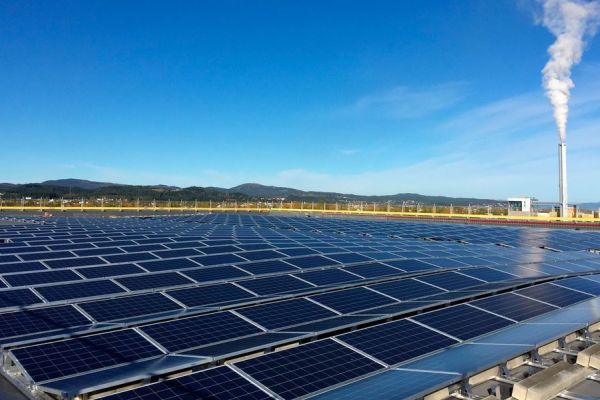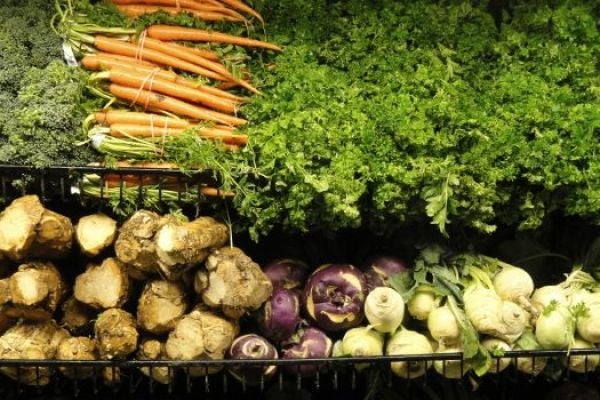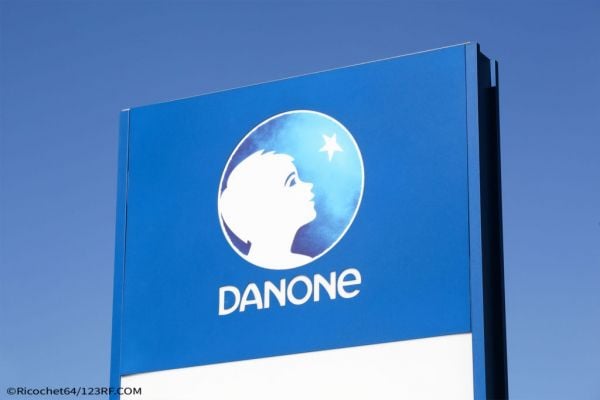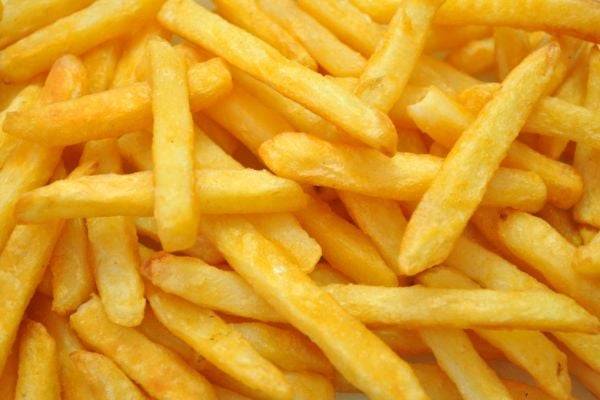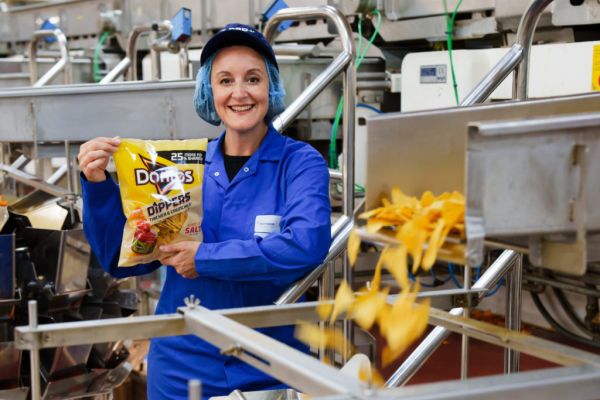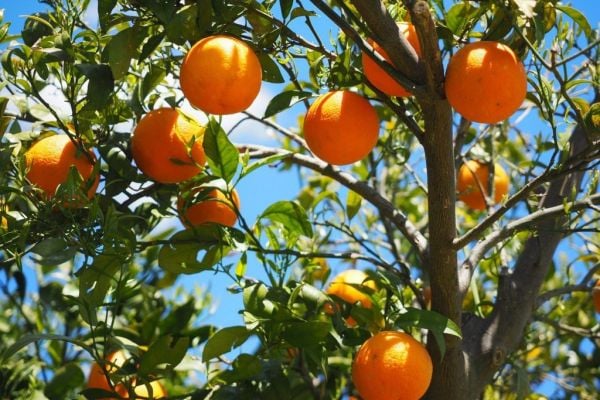NorgesGruppen has announced plans to use more renewable energy in order to achieve climate neutrality by 2030.
The Norwegian retail conglomerate, which operates the Kiwi, Meny, Joker and SPAR brands in the country, claims it used 830 GWh of electricity in 2022. This corresponds to a decrease of almost 60 GWh compared to 2021.
At the same time, its share of renewable energy use has risen to over 14% (118 GWh) in 2022, from just under 10% in 2021.
Energy Crisis
NorgesGruppen added that the energy crisis in Europe has not ruined its plans as high electricity prices have intensified the implementation of ENØK measures to save electricity among merchants in Southern and Eastern Norway.
ENØK is an initiative by the Norwegian government that lays down measures and devises schemes to save electricity.
"In the past, low electricity prices made certain ENØK measures expensive. However, the sharp price increase last autumn showed the potential of energy efficiency without changing equipment," said Signe Bunkholt Sæter, sustainability director at NorgesGruppen.
"We see that the shops in Southern and Eastern Norway used a total of 10% less electricity in autumn 2022 than the previous year. This is related to high electricity prices. The stores have adjusted up the temperatures of non-critical cooling and adjusted down the temperature in the store, in addition to using less unnecessary electricity for lighting and equipment in the store," Sæter added.
Food Prices
In January, NorgesGruppen warned that controlling 'exponential' cost increases in the value chain is essential to keep food prices down.
The observation was part of a meeting between the management of NorgesGruppen and minister of industry, Jan Christian Vestre, and minister of agriculture and food, Sandra Borch.
"If electricity prices and raw material prices fall over the course of the year, we will expect suppliers to reduce prices accordingly," said NorgesGruppen chief executive Runar Hollevik.
"Then we will be able to see a normalisation of price growth in groceries. It will benefit consumers."
Read More: 10 Consumer Trends That Are Set To Shape 2023: FMCG Gurus
© 2023 European Supermarket Magazine – your source for the latest supply chain news. Article by Robert McHugh. Click subscribe to sign up to ESM: European Supermarket Magazine.
